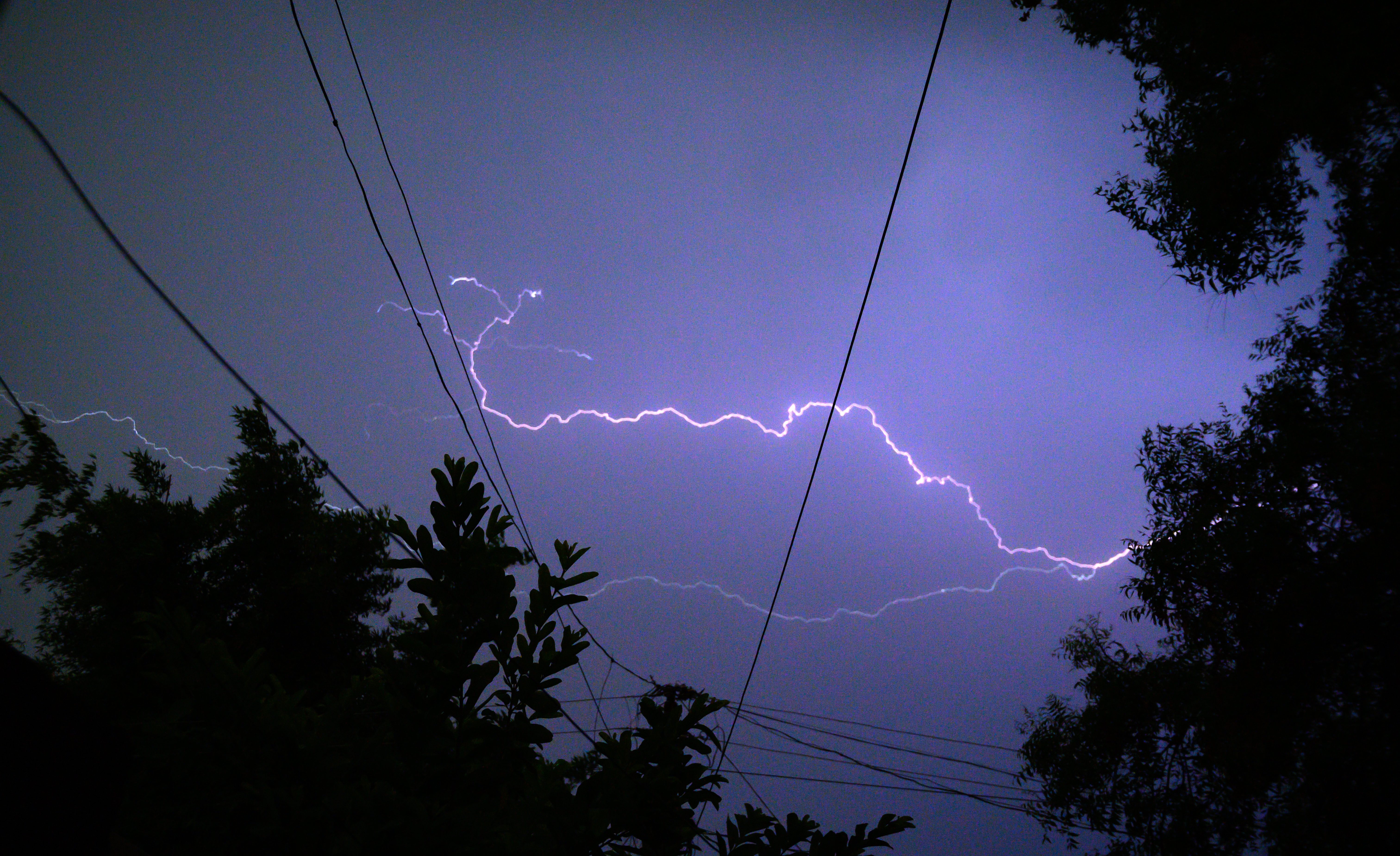Many might be looking forward to an extra hour of sleep as clocks "fall back" this weekend for the end of daylight saving time, but there are some steps to take to prevent the time change from impacting your body well beyond Sunday.
While the extra hour of sleep will be welcomed news for some, it will also be met with shorter days and more darkness, a trade-off that has long sparked debate across the U.S.
Under federal law, daylight saving time begins on the second Sunday in March, and runs through the first Sunday of November in most of U.S.
This year, that date falls on Nov. 5, with clocks rolling back one hour at 2 a.m. that morning. While the sunset time will inevitably be earlier, the city is already receiving less than 12 hours of daily sunlight.
In fact, sunset won’t fall after 6 p.m. again until daylight saving time resumes on March 10.
Days will continue to get shorter in the weeks ahead, with sunset scheduled for 4:40 p.m. when daylight saving time ends on Nov. 5.
The earliest sunset of the year will take place in early December, when the sun will dip below the horizon at approximately 4:19 p.m. While the sun will slowly begin to set later after that date, the area will still see less daylight through Dec. 21, when the sun will remain in the sky for less than nine hours and eight minutes on the winter solstice.
Local
Besides scheduling stumbles and sleep habit disruptions, experts say the twice-yearly ritual can have more serious effects on human health.
Chronic sleep deprivation can increase levels of stress hormones that boost heart rate and blood pressure, and of chemicals that trigger inflammation, research suggests.
Feeling out of the loop? We'll catch you up on the Chicago news you need to know. Sign up for the weekly Chicago Catch-Up newsletter here.
“Just that one hour can change the amount of sleep you get, the quality of sleep that you get,” Zee said. Off-kilter sleep can affect people's ability to multitask, stay alert, and even maintain their balance, making them more prone to accidents.
Molly Hart, spokeswoman for AAA's Auto Club Group, warned that there may be an uptick in accidents on the road following the time change.
“With daylight savings coming to an end, what people really need to be focused on is their driving now in the afternoon when it’s darker earlier,” and when they may be feeling drowsy, she said.
So, what can you do to better adjust to the time change?
Many Americans are already sleep-deprived, and a change in time messes with sleep schedules even more, says Dr. Phyllis Zee, a sleep researcher at Northwestern Medicine in Chicago, although she says “falling back” and gaining an extra hour is generally easier on the body than “springing forward" and losing one.
According to the American Academy of Sleep Medicine, there are some ways people can make the best of the switch to standard time next month.
Before bed beckons Saturday night, rewind the clock on the microwave, oven, car, or any other device not yet clever enough to make the leap on its own.
The full list of tips include:
- Wait to change your clocks until it is time to get ready for bed.
- Go to bed at your usual bedtime and
- Just before getting into bed, set your clocks back one hour.
- Wake up at your standard wake time.
- Take note of how much better you feel after an extra hour of sleep.
- Continue to go to bed each night at the earlier bedtime.



